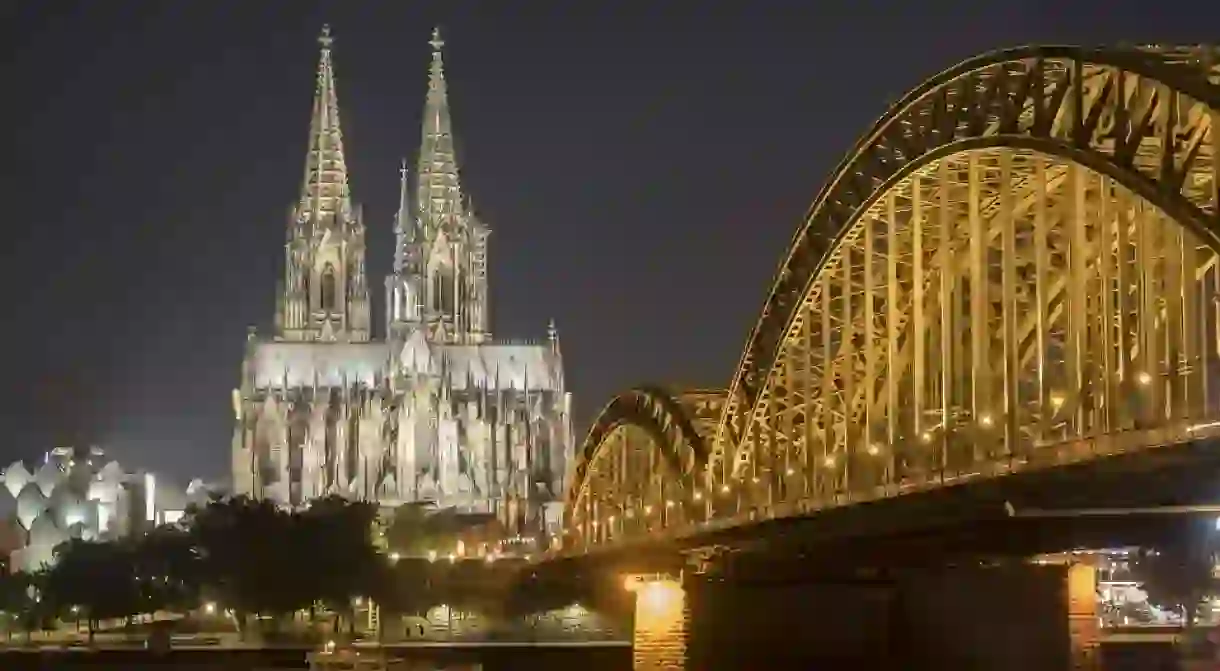Germany's Top Destinations in 2017

The German National Tourist Board asked visitors to its site to nominated their favourite tourist attractions. Users were able to write in their choices, so literally any spot in Germany was possible. More than 40,000 people from 66 countries made their selections and for the first year ever, Berlin didn’t make the top 10. Cologne and Hamburg did though the number of places in south Germany still outnumber those in the north. Here’s the top 10 places to go in Germany for 2017.
Dresden
Dresden, capital of Saxony, is filled to the brim with artistic, architectural and quirky treasures. Frauenkirche and Semperoper are particular architecture gems alongside museums and castles, but there’s art of all sorts. The Elbe river is lined with steamboats playing Dixieland music, and the riverbank regularly shows movies.

Europa-Park
Attracting more than 5 million visitors per year, Europa-Park – one of Germany’s many theme parks and adventure playgrounds for kids of all ages – and its 13 roller-coasters, 4D cinemas and more than 100 other attractions are well worth a day or two of exploration. Buy tickets ahead of time and, if possible, try to avoid August weekends.

Cologne Cathedral
Cologne Cathedral has been a UNESCO World Heritage Site since before it was a tourist hot spot, and 20,000 people make their way inside every day. Its big attraction is the Shrine of the Three Kings, a gold box with the bones of the Three Kings, attracting pilgrims to Cologne for more than 1,000 years.

Mannheim Baroque Palace
Just half an hour by train from Frankfurt is Mannheim Baroque Palace, situated on the Rhine. Though it was severely damaged in the war, it was restored to its former glory in 2007. Now, with over 500 rooms replete with period furnishings in a staggering array of luxury fabrics, wood and textiles, Mannheim Palace stands proudly as one of Germany’s largest baroque complexes.

Lake Constance (Bodensee)
Lake Constance (Bodensee in German) may be a little out of the way – 200 kilometres (124.3 miles) from Stuttgart or Munich – but then again, that’s kind of the point. With the secret garden island of Mainau, the monastic island of Reichenau and the bucket-load of charming towns and villages around the perimeter, Lake Constance is anything but short on beauty. If planning on going during the height of summer, book accommodation early.

Rothenburg ob der Tauber
Appearing on nearly every list of super-cool things to do in Germany, Rothenburg is basically a time machine halfway between Frankfurt and Munich. Rothenburg has more preserved towers, fountains and medieval fortifications than any other town in Germany and was made for jealousy-inducing Facebook/Instagram holiday snaps.

Neuschwanstein
The classic – the inspiration for the Disney castle was, in its former life, the result of a shakedown by King Ludwig II of Bavaria, who made his subjects stump up six million marks for the project, nearly €40 million today. Fortunately for the German people, Neuschwanstein Castle turned out to be a good investment and is now the most visited tourist attraction in the country.

Heidelberg
The ancient university town of Heidelberg is ground zero for German Romanticism. A ruined castle in the centre of town and crumbling city walls really do light up the neo-gothic imagination, and scads of writers, poets, painters, and philosophers walked the city’s streets in the 1700s before going on to create the century’s greatest works. Even Mark Twain fell under the city’s spell so hard, he finished The Adventures of Huckleberry Finn here.

Ulm Minster
Ulm Minster is the tallest church in the world: a steeple of just under 162 metres (530 feet) earned it rather ominous nickname ‘God’s Finger’.

Miniatur Wunderland
Hamburg’s Miniatur Wunderland is the world’s biggest smallest thing. Approximately 11 kilometres (7 miles) of train tracks take visitors through miniature versions of the Alps, Scandinavia, the US and a good mix of places in Germany. Great care (and $12.5 million) has been taken to get every detail exactly right.














